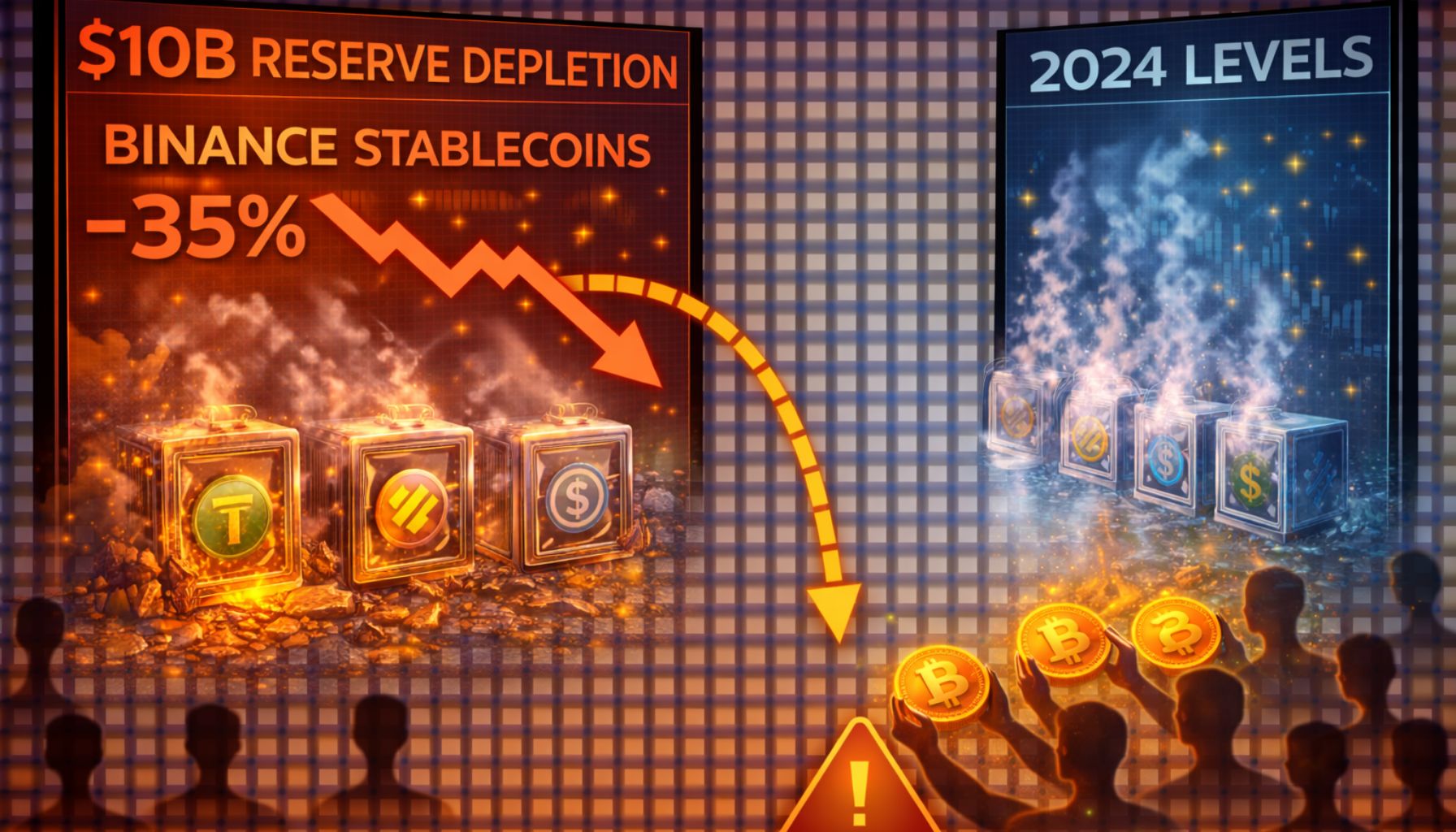The age of cash is quickly coming to an end. While credit cards and mobile wallets have been growing in popularity for years, the pandemic accelerated the shift to digital transactions. Businesses, restaurants, and even some public services have started moving away from accepting cash, citing convenience, safety, and efficiency.
But for many Americans, especially seniors, low-income families, and those without access to banking, this cashless trend can create real challenges. What once felt like a simple, everyday interaction—paying a utility bill, renewing a license, or buying a bus ticket—now requires navigating apps, websites, or digital kiosks.
Public services, which were once accessible to anyone with cash in hand, are increasingly requiring digital payment only. This transition is reshaping how people interact with essential services, raising concerns about financial inclusion and accessibility.
Let’s break down nine public services that have moved to digital payment only and what it means for the people who rely on them.
1. Public Transit Systems
In many major cities, public transit systems have fully transitioned to digital payment systems, eliminating cash from buses, trains, and subway stations. Riders are now expected to use smart cards, mobile apps, or contactless credit cards to pay for fares.
For example, cities like New York, Los Angeles, and Washington, D.C., have introduced digital payment platforms that require riders to tap cards or phones instead of dropping coins or bills into fare boxes. While these systems are faster and more efficient, they can be a barrier for people who don’t own smartphones or credit cards.
The shift has also created challenges for tourists, seniors, and low-income riders who traditionally relied on cash to access affordable public transportation.
2. Toll Roads and Bridges
Gone are the days of tossing coins into a toll booth. Across the country, toll roads and bridges are moving to cashless systems that automatically charge drivers via electronic transponders like E-ZPass or through license plate recognition.
While this digital system speeds up traffic and reduces labor costs, it’s problematic for drivers who don’t have an electronic pass or prefer paying cash. Those without accounts are often billed later with added fees, making the trip more expensive.
Some states have even closed all cash lanes entirely, leaving drivers with no choice but to adapt to digital payment or face costly administrative penalties.
3. Parking Meters and Garages
Parking has become another space where cash is increasingly unwelcome. Many cities have replaced traditional coin-based parking meters with digital kiosks or app-based payment systems. Drivers are expected to download apps, enter license plate numbers, and pay via credit card or mobile wallet.
While convenient for those who are tech-savvy, these systems can create frustration for people without smartphones or who prefer cash. In some areas, the inability to pay digitally means drivers risk parking tickets simply because they don’t have the right technology.
4. Utility Bill Payments
Paying for electricity, water, or natural gas used to involve mailing a check or walking into a payment center with cash. Now, many utility companies are pushing customers toward online payments, and some have removed in-person cash payment options altogether.
For unbanked individuals or seniors who aren’t comfortable navigating online portals, this shift can be a significant hurdle. While third-party payment services may offer a solution, they often charge extra fees that add to the burden for those who can least afford it.
5. DMV Services
Departments of Motor Vehicles (DMVs) in some states have started transitioning to digital payment-only systems. Whether you’re renewing a driver’s license, paying a traffic fine, or ordering a title transfer, cash is often no longer an option.
While this streamlines operations and reduces the risk of theft or mismanagement of cash, it creates a barrier for people who rely on cash-only transactions. For older drivers or those without bank accounts, this shift can mean jumping through extra hoops just to handle a basic requirement of daily life.

6. School Lunch Programs
School lunch programs in many districts are moving to cashless payment systems, where parents are expected to preload accounts online or pay through mobile apps. While this might reduce lost lunch money and speed up cafeteria lines, it can disadvantage families who rely on cash-based budgeting.
Some districts have even banned cash at the register, leaving children unable to buy meals if their accounts are not properly funded. This trend has raised concerns about equity and access, especially for lower-income families without digital tools or reliable internet access.
7. City Recreational Facilities
Public pools, recreation centers, and local fitness programs are increasingly adopting digital payment methods for entry fees, class registrations, and memberships. While these systems make it easier to track participation and manage bookings, they also exclude people who don’t have debit or credit cards.
For many families, a simple day at the pool or a community event now requires advanced online registration and payment, eliminating the spontaneity and accessibility that used to define these public services.
8. Public Parking Violations and Fines
Paying parking tickets or municipal fines is another area where cash is being phased out. Many cities now require online payments or payments through digital kiosks. While this might make things faster for city offices, it leaves those who prefer or rely on cash struggling to find a way to settle their fines without incurring additional fees.
In some cities, failing to pay digitally can result in penalties or additional charges. For individuals without digital payment access, this can spiral into bigger financial problems.
9. National Park and State Park Fees
Many national and state parks have introduced cashless payment systems for entry fees, camping reservations, and parking passes. Visitors are expected to use credit cards or online booking systems before arriving, with some parks going completely cashless at gates and kiosks.
This change can be frustrating for those who travel to remote parks with limited cell service, as digital payments sometimes require pre-booking online. For spontaneous visitors, not having a credit card or mobile payment option can mean being turned away at the gate.
The Hidden Cost of a Cashless World
The move toward digital payment is often marketed as convenient and modern, but it raises deeper questions about financial inclusion. Approximately 4.5% of U.S. households are unbanked, meaning they don’t have access to traditional checking or savings accounts. For these families, digital-only public services create additional barriers to everyday life.
There’s also a privacy concern. Cash transactions leave no digital footprint, while digital payments can be tracked, analyzed, and even sold as data. For those who value privacy or who lack trust in financial institutions, being forced into digital payments feels intrusive and unfair.
Is a Cashless Society Inevitable?
The shift to digital payments for public services is accelerating, but it’s not without consequences. For millions of Americans, particularly seniors and low-income households, the elimination of cash options makes accessing essential services more complicated and sometimes impossible.
Do you think cashless public services are a step forward or a step too far? How would a fully cashless society affect your daily life?
Read More:
Should You Invest in Digital Currency
7 Hidden Banking Fees and How to Avoid Them


























